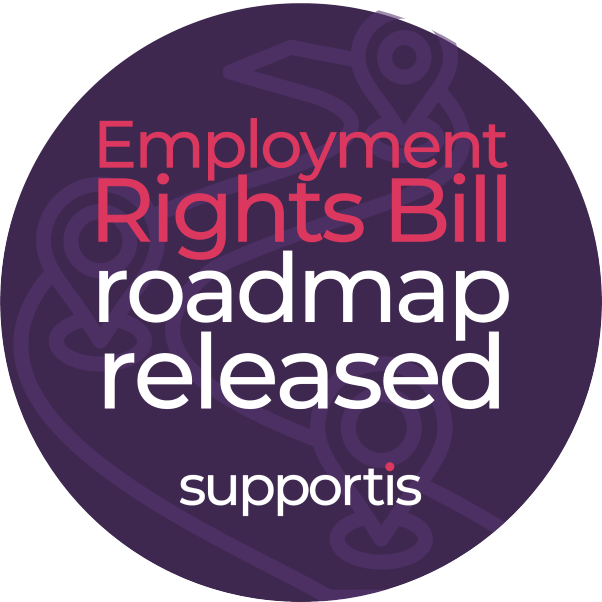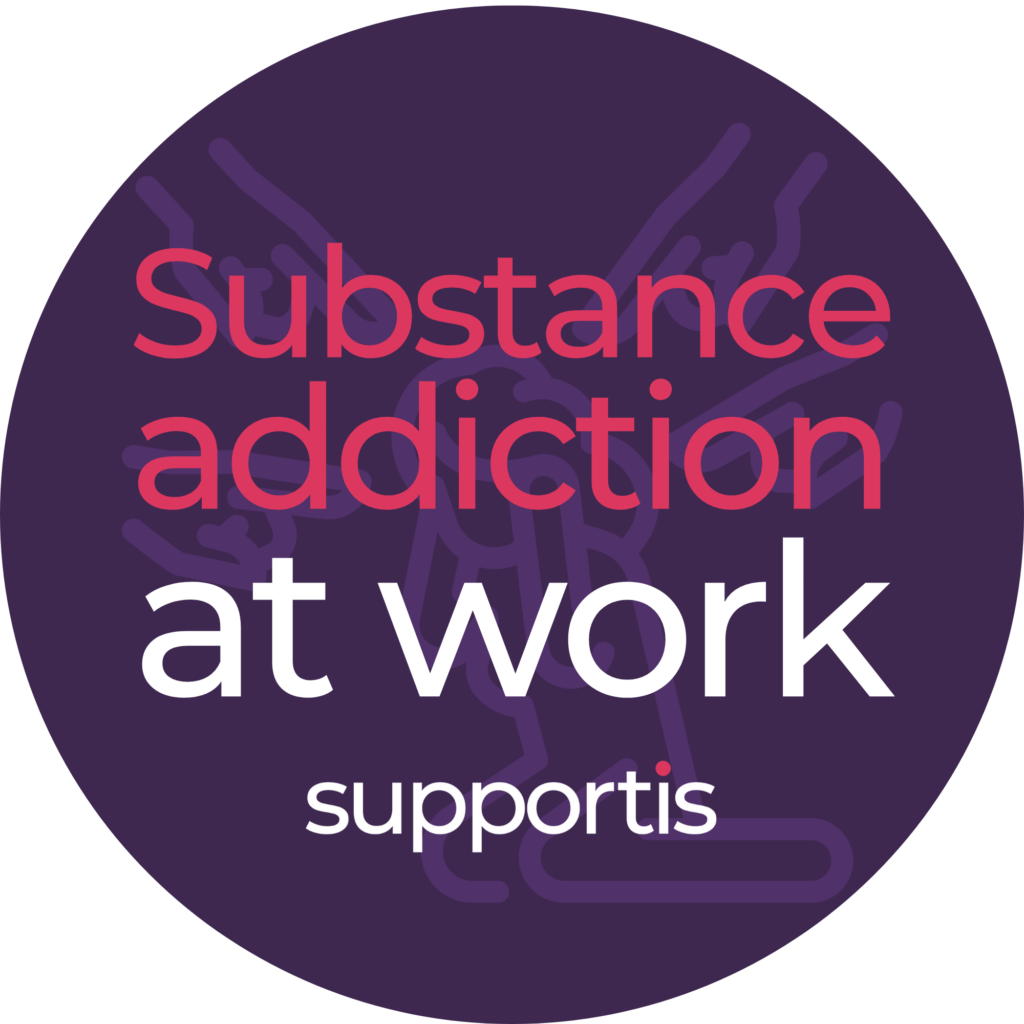The UK government has unveiled its “Employment Rights Bill” roadmap, a phased timetable for significant employment law reforms starting this year and continuing through 2027. This initiative, hailed as the most substantial upgrade to worker protections in decades, aims to enhance living standards and improve working conditions across the country.
Immediate Changes (Likely within 2025)
Repeal of the Strikes (Minimum Service Levels) Act 2023 and the majority of the Trade Union Act 2016
This directly impacts employers by removing previous hurdles for trade unions to organise and take industrial action. Employers will no longer be able to mandate minimum service levels during strikes and will face fewer legal restrictions on union activity. This means employers should anticipate potentially more frequent or impactful industrial action and need to prioritise constructive engagement with unions.
Legal Protection for Workers Participating in Industrial Action
It will become unlawful for employers to dismiss staff for striking. This change removes a significant deterrent for workers considering industrial action, meaning employers face legal risks if they terminate employment solely due to participation in a lawful strike.
Changes likely to come in in April 2026
Day-One Rights to Unpaid Parental and Paternity Leave
Employers will be required to grant these leave entitlements from an employee’s very first day of employment, removing any previous minimum service thresholds. This simplifies administration but expands the pool of eligible employees immediately.
Abolition of the Lower Earnings Limit and Waiting Period for Statutory Sick Pay (SSP)
This reform significantly broadens SSP coverage to over 1.3 million low-paid workers who previously weren’t eligible or had to wait. Employers will see an increase in SSP costs and administrative responsibilities as more employees become entitled to receive it from day one of sickness.
Launch of the Fair Work Agency
This new enforcement body will be established to ensure compliance with employment laws and deter non-compliant employers. This means increased scrutiny and potential enforcement action for employers who do not adhere to their legal obligations, particularly concerning the new reforms.
Changes likely to come in in October 2026
Ban on Fire and Rehire Tactics
Employers will be legally prohibited from dismissing staff and then re-engaging them on inferior terms and conditions. This change removes a controversial tactic used by some employers to unilaterally alter employment terms, requiring employers to find alternative, lawful methods for contractual changes.
Fair Pay Agreement Negotiating Body for Adult Social Care
This body will be introduced to address low wages and shortages in the adult social care sector. While the direct impact on all employers isn’t immediate, it signals a government intention to intervene in sector-specific pay and conditions, potentially influencing wage expectations across the economy.
Requirement to Take ‘All Reasonable Steps’ to Prevent Sexual Harassment (including from third parties)
Employers will have a clear legal duty to actively prevent sexual harassment, not just react to it, and this responsibility extends to harassment from customers or clients. This necessitates reviewing and strengthening anti-harassment policies, training, and reporting mechanisms.
New Tipping Laws
These laws will ensure transparency and fairness in gratuity distribution. Employers in sectors where tipping is prevalent must review their tipping practices to ensure all tips are passed on to staff fairly, avoiding retention of tips by the business or management.
Stronger Protections for Union Representatives and Expanded Access for Union Activity
This means employers must accommodate increased union presence and activity within their workplaces, including providing facilities and time for union representatives to perform their duties.
Changes likely to come in in 2027
Introduction of Bereavement Leave
Employers will be legally required to provide a specific period of paid or unpaid leave for bereaved employees, adding a new leave entitlement to manage.
Protection from Unfair Dismissal from Day One
This is a significant shift, meaning employees will gain the right to claim unfair dismissal without needing a qualifying period of service (currently two years). This requires employers to ensure fair and robust dismissal processes from an employee’s initial start date.
Stronger Rights for Pregnant Employees
New protections will be introduced for pregnant workers, potentially impacting workplace adjustments, risk assessments, and dismissal protections during pregnancy and maternity.
Ending Exploitative Use of Zero-Hours Contracts (ZHCs) and Greater Predictability of Working Hours
The ‘exploitative’ use of ZHCs will be banned, and workers will gain greater predictability over their working hours. This will require employers currently using ZHCs to review and potentially change contracting models, offering more secure and predictable hours or facing restrictions on ZHC usage.
Encouragement of Gender Pay Gap and Menopause Action Plans (Voluntary then Mandatory)
While initially voluntary, these plans are set to become mandatory. Employers will need to assess their gender pay gaps and develop strategies to address workplace issues related to menopause, potentially leading to new reporting requirements and internal policy changes.
Enhanced Guidance for Preventing Workplace Harassment and Improving Access to Flexible Working
This signals an expectation for employers to proactively manage harassment and adopt more flexible working arrangements, with detailed guidance to support implementation.
Summary
Navigating the extensive employment law changes outlined in the recently released UK Employment Rights Bill roadmap, staggered from July 2025 through 2027, presents a complex challenge. The government will continue stakeholder consultations into 2026, with ACAS issuing guidance for each stage.
To ensure HR and employment practices remain legally compliant and robust against future claims, employers must proactively conduct impact assessments, update training, and maintain clear internal communications to manage employee expectations. For expert guidance in adapting to these significant updates and mitigating risks of costly employment tribunal claims, contact Supportis on 0161 603 2156 or [email protected].




